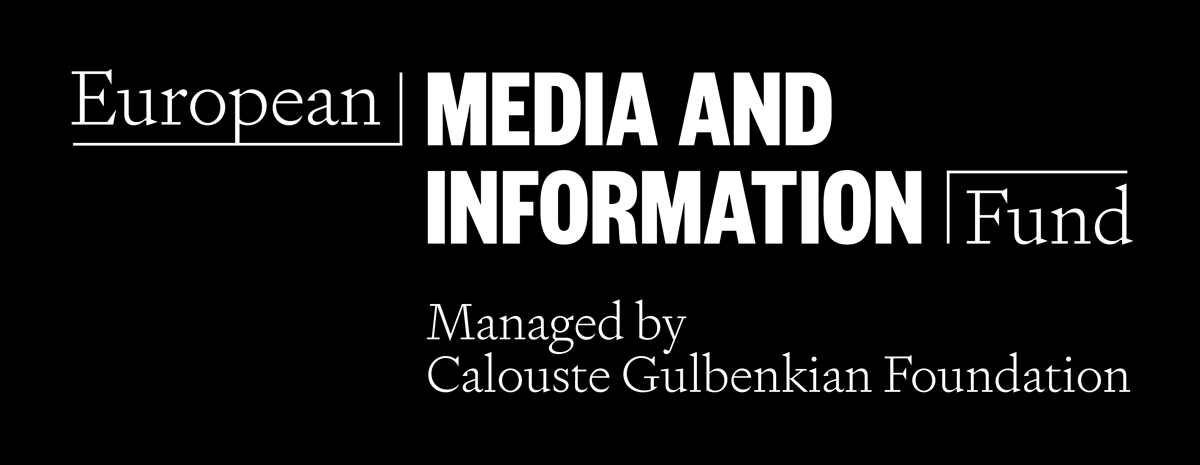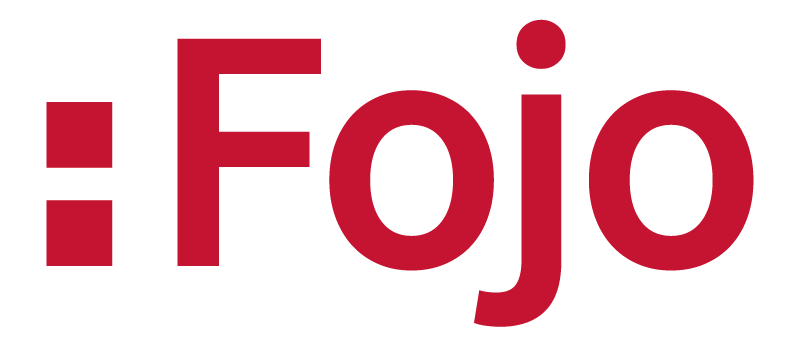Fact-checking across borders
Disinformation knows no borders – and neither should journalism.
Fojo collaborates with partners in the Nordic countries and Ukraine to develop new routines and working methods for fact-checking. By working internationally, we strengthen journalism and create practices that truly make a difference.
International engagement
Thanks to support from the European Media and Information Fund (EMIF) – a Portuguese foundation working to support fact-checking and media literacy initiatives – Fojo can train and support journalists in adopting fact-checking practices in their daily work.
The internet is global – and so are the challenges of misinformation. That’s why we need to collaborate across borders. Our projects show clear added value when journalists share experiences and methods internationally.

Fact-checking on the Faroe Islands – innovation in a minority language
On the Faroe Islands, two journalists are breaking new ground. After joining Fojo’s fact-checking training, Elin and Georg from Kringvarp Færoya introduced fact-checking to their newsroom colleagues for the very first time.
Together with Factiverse and the University of the Faroe Islands, they are developing a prototype AI language model in Faroese – a tool designed to help journalists live fact-check political debates in “Tingið”, the Faroese parliament.
This is about more than technology. Building a Faroese language model is an identity issue: a way to ensure that democracy, journalism and the Faroese language itself can thrive in the digital age. Their goal is clear – to have a working tool ready ahead of the 2026 elections.
Investigating Russian disinformation in Finnish media
After fleeing the war in Ukraine, journalist Svitlana rebuilt her career in Finland. Her background gives her a unique lens on how Russian narratives seep into Finnish mainstream media.
In her investigation, Svitlana has traced recurring propaganda themes — from distorted portrayals of Ukrainian identity to attempts to divide Russian- and Ukrainian-speaking communities. She has also uncovered signs that a Finnish journalist may be in close contact with Russian media under an alias.
Her work raises pressing questions: How much are our media landscapes influenced by hidden narratives? And what can journalists do to expose them?
Svitlana’s investigation continues — shedding light on the subtle ways disinformation crosses borders and shapes public debate.
International collaboration for stronger fact-checking
How can journalists keep up with today’s fast news cycle and still verify every claim? At Jyllandsposten in Denmark, a new solution is being tested – in collaboration with Norwegian start-up Factiverse.
Together, they are developing an AI-powered fact-checking tool built directly into the newsroom’s editorial workflow. Journalists can send their text to Factiverse, which instantly highlights questionable claims and suggests reliable sources that confirm or challenge them.
This collaboration shows how cross-border innovation can support journalists under pressure – making reporting both faster and more trustworthy.
Countering gender-based disinformation in journalism
Gender-based disinformation is a growing threat to women in journalism – from manipulated images to coordinated online harassment. Too often, those who report on these issues feel isolated and targeted.
To break this pattern, Siri (Denmark), Olha (Ukraine) and Julia (Sweden) joined forces in an international project guided by journalist and author Jonathan Lundberg. By studying different cases they identified common patterns and worked on developing strategies to counter gender-based disinformation.
Their collaboration shows the strength of working across borders: journalists can learn from each other, see bigger trends by adding a wider perspective and inspire new ways of tackling one of journalism’s most pressing challenges.


